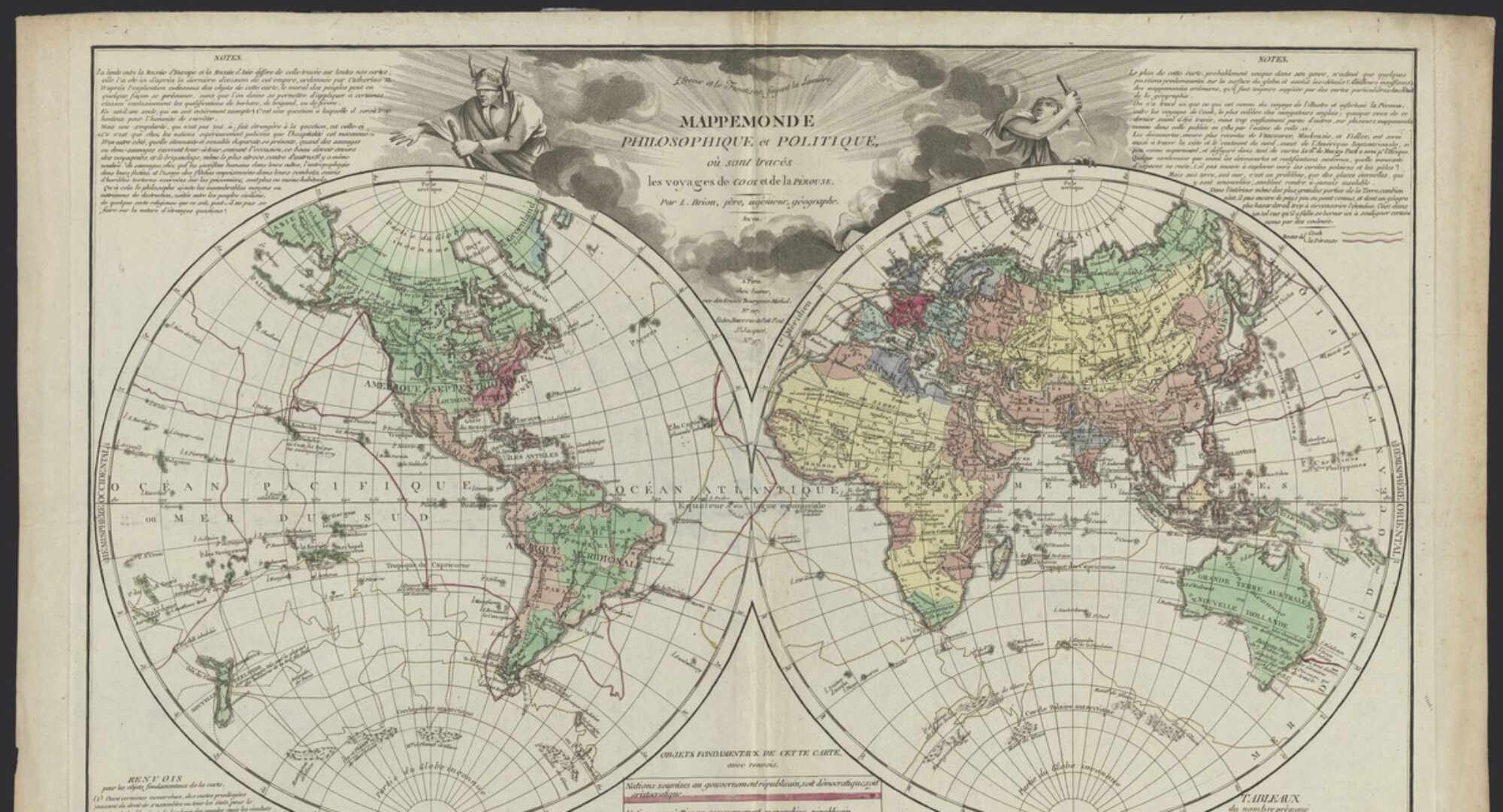“Worlds of Civil War: Globalizing Civil War in the Late Twentieth Century” Public Lecture by David Armitage (Harvard University) – 11 May 2015
Abstract
This lecture discussed three ways in which the conception of civil war was globalized in the latter part of the twentieth century. First, it looked at the place of civil conflict in post-War international humanitarian jurisprudence, a global discourse applicable to “non-international armed conflict” around the world. Second, it examined the emergence of civil war as an object of social-scientific inquiry, beginning in the 1960s, with consequences that still determine what is, and what is not, held to be a civil war by the international community. Thirdly, it traced the emergent language of “global civil war” from its early twentieth-century roots to its usage in various global languages, including Schmittian political theory, counter-terrorism discourse and the analysis of civil war as the most globally widespread form of contemporary conflict.
Biography
David Armitage is the Lloyd C. Blankfein Professor of History at Harvard University, where he teaches intellectual history and international history. He was born in Britain and educated at the University of Cambridge and Princeton University; before moving to Harvard in 2004, he taught for eleven years at Columbia University. A prize-winning teacher and writer, he has lectured on six continents and has held research fellowships and visiting positions in Britain, France, the United States and Australia. David Armitage is the author or editor of fifteen books, among them The Ideological Origins of the British Empire (2000), which won the Longman/History Today Book of the Year Award, The Declaration of Independence: A Global History (2007), which was chosen as a Times Literary Supplement Book of the Year, Foundations of Modern International Thought (2013) and (with Jo Guldi) The History Manifesto (2014), a New Statesman Book of the Year.
“The Return of the History of Ideas?” Public Lecture by Darrin McMahon (Dartmouth College) – 2 February 2015
Abstract
Long dismissed as a hopelessly outdated form of inquiry, the “history of ideas” is today making a comeback as a viable form of intellectual history. What are the promises and the pitfalls of a renewed history of ideas? In this discussion, Professor McMahon took up the question both from the standpoint of past criticism and current methodological concerns.
Biography
Darrin M. McMahon is a historian, author, and public speaker, who lives in Somerville, Massachusetts and is a Professor of History at Dartmouth College. Formerly McMahon was the Ben Weider Professor of History and Distinguished Research Professor at Florida State University. Born in Carmel, California, and educated at the University of California, Berkeley and Yale, where he received his PhD in 1998, McMahon is the author of Enemies of the Enlightenment: The French Counter-Enlightenment and the Making of Modernity (Oxford University Press, 2001) and Happiness: A History (Atlantic Monthly Press, 2006), which has been translated into twelve languages and was awarded Best Books of the Year honors for 2006 by the New York Times, The Washington Post, the Library Journal, and Slate Magazine. McMahon has just completed a history of the idea of genius and the genius figure, Divine Fury: A History of Genius, published in October of 2013 with Basic Books. He is also the editor, with Ryan Hanley, of The Enlightenment: Critical Concepts in Historical Studies, 5 vols. (Routledge, 2009), and, with Samuel Moyn, of Rethinking Modern European Intellectual History (Oxford University Press, 2014).
